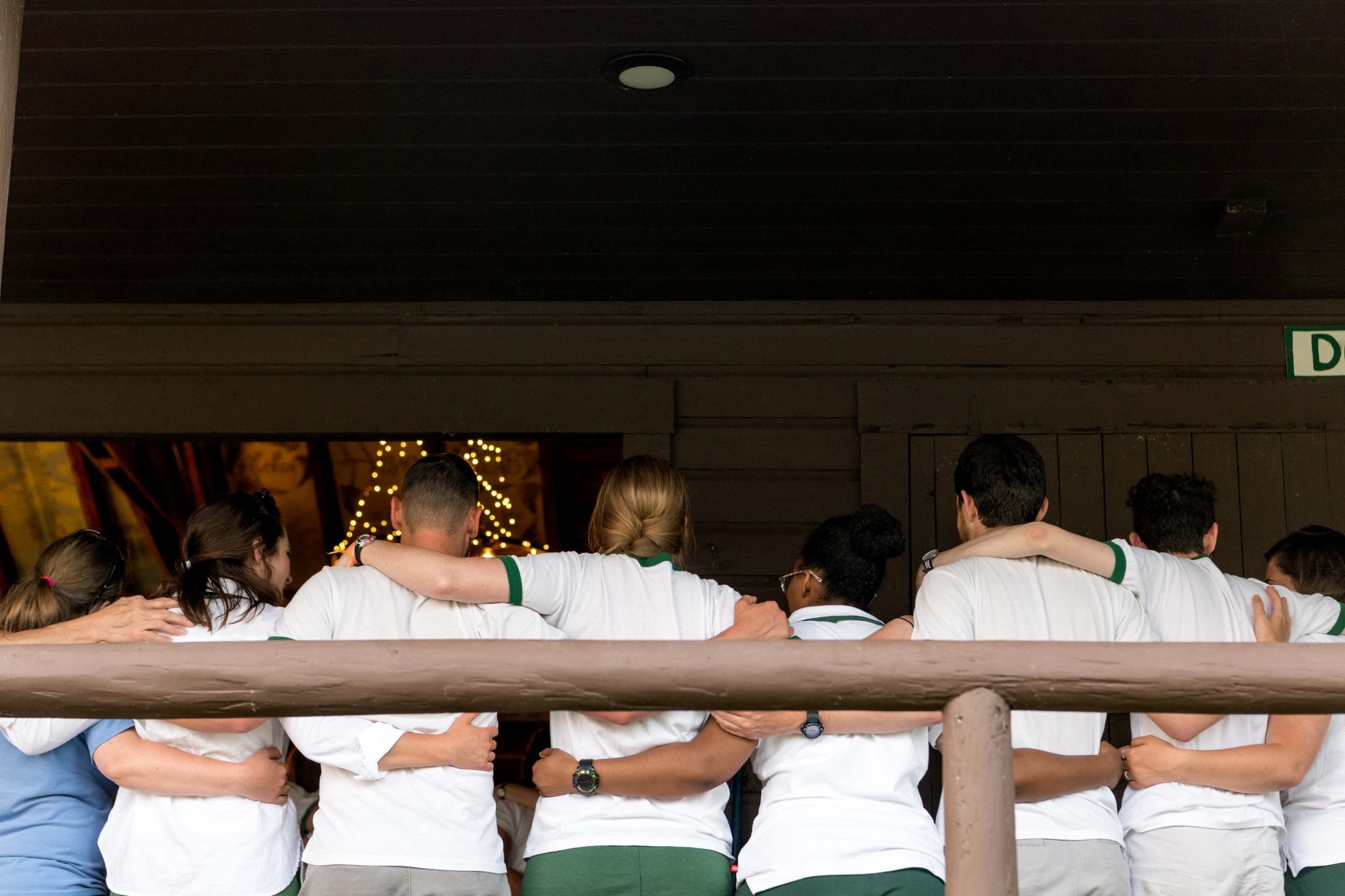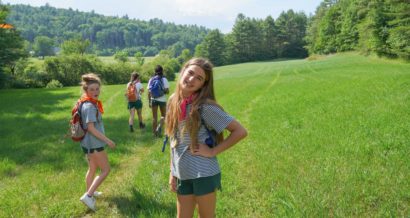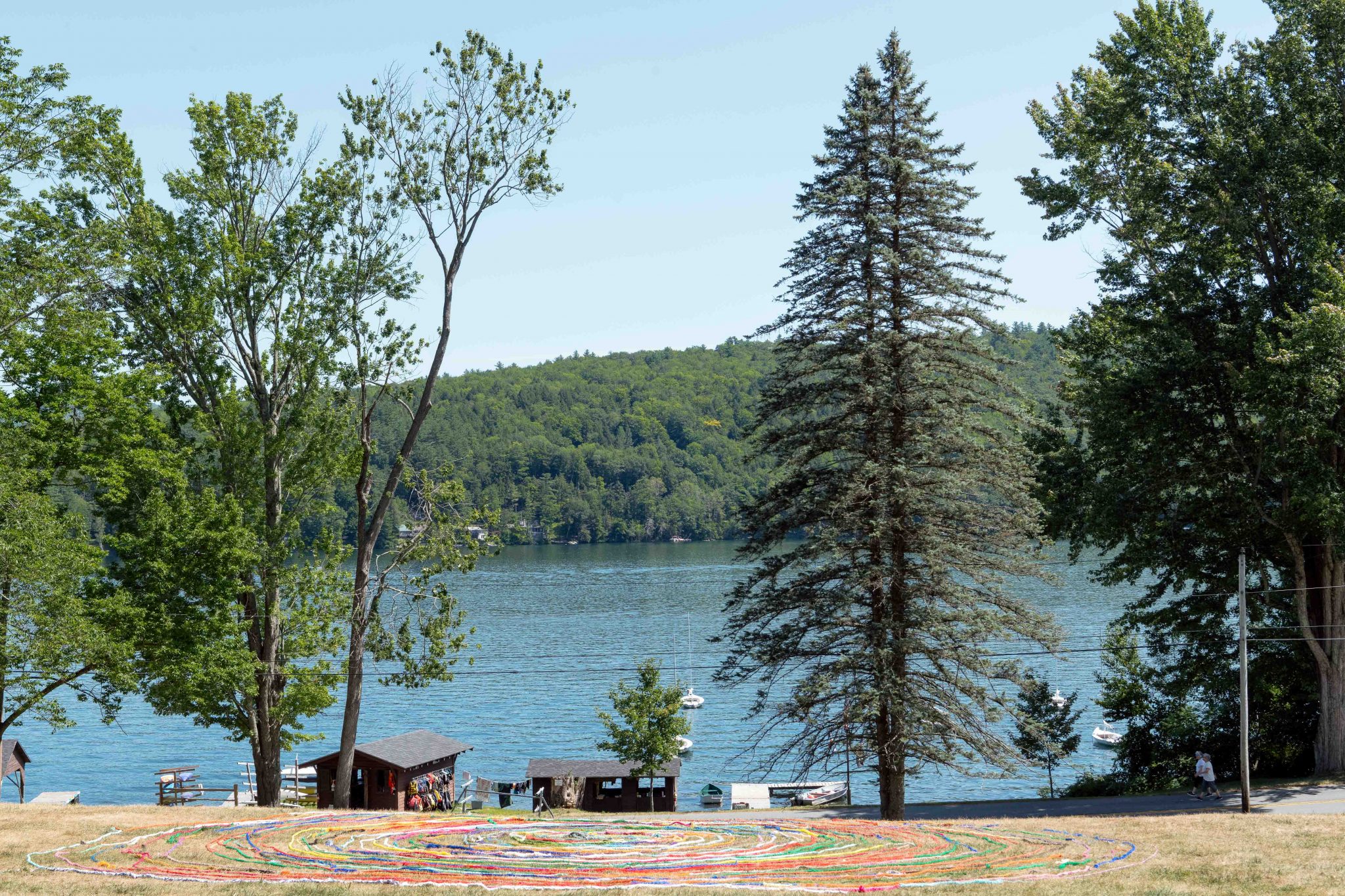 Article
Article
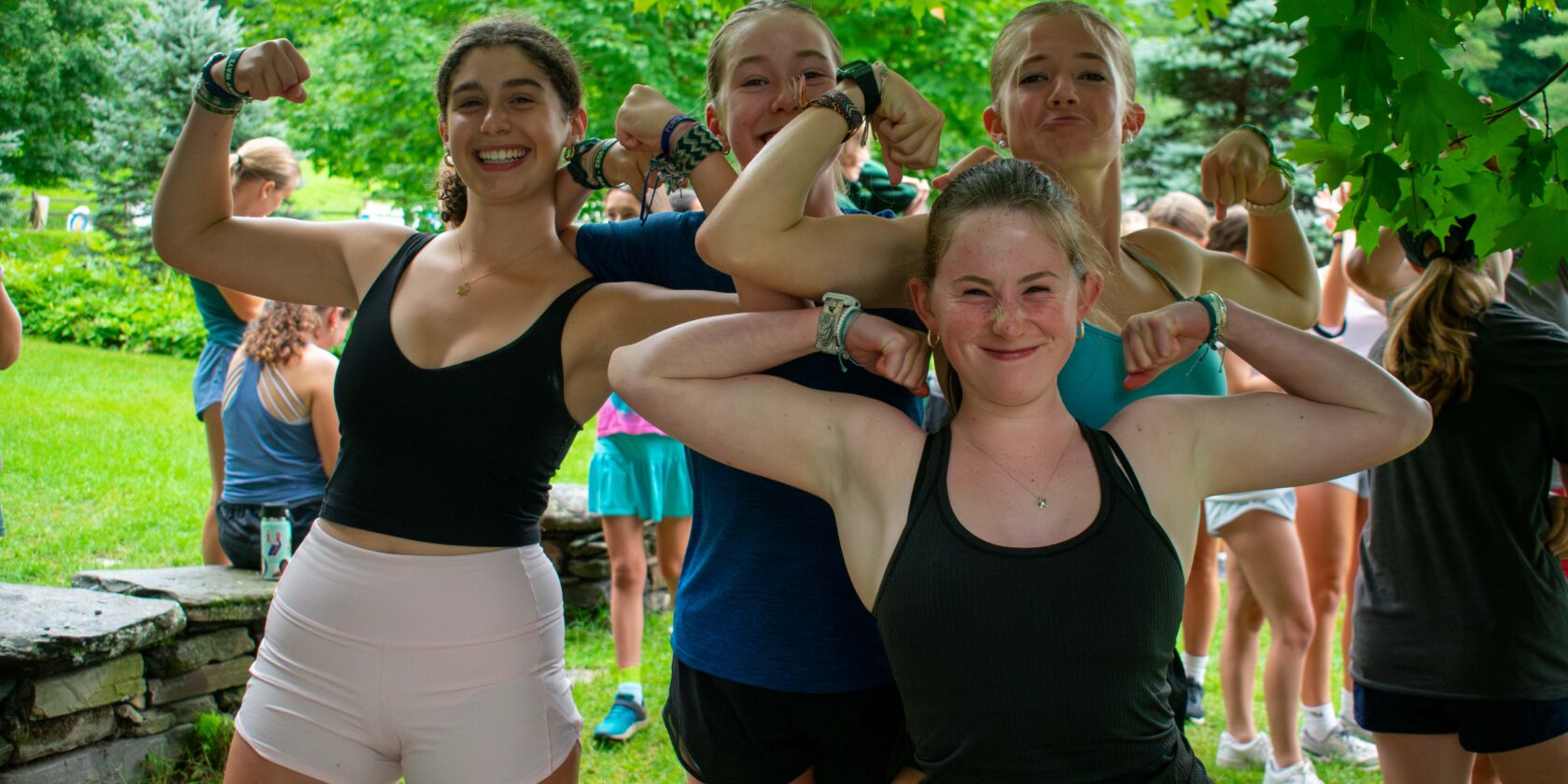
As published in Reveille (Winter 2024).
“Camp is more important than ever.”
Way back in those early camp days, the Gulicks most likely made that statement every summer through the First and Second World Wars, through the Great Depression, the turbulent 60s and until their retirement. The Trustees of the Foundation at its very beginning in 1968 clearly believed it as well, as they struggled to keep the dream alive. But camp at this moment in our history feels especially critical for children and young people in ways that are, if not completely new, certainly deeper than ever before. We knew about the significance of camp intrinsically and observed it anecdotally working with nearly 1,000 campers and their families. As further evidence, we heard the same sentiment echoed by industry leaders in the American Camp Association (ACA), camp parents, and school partners.
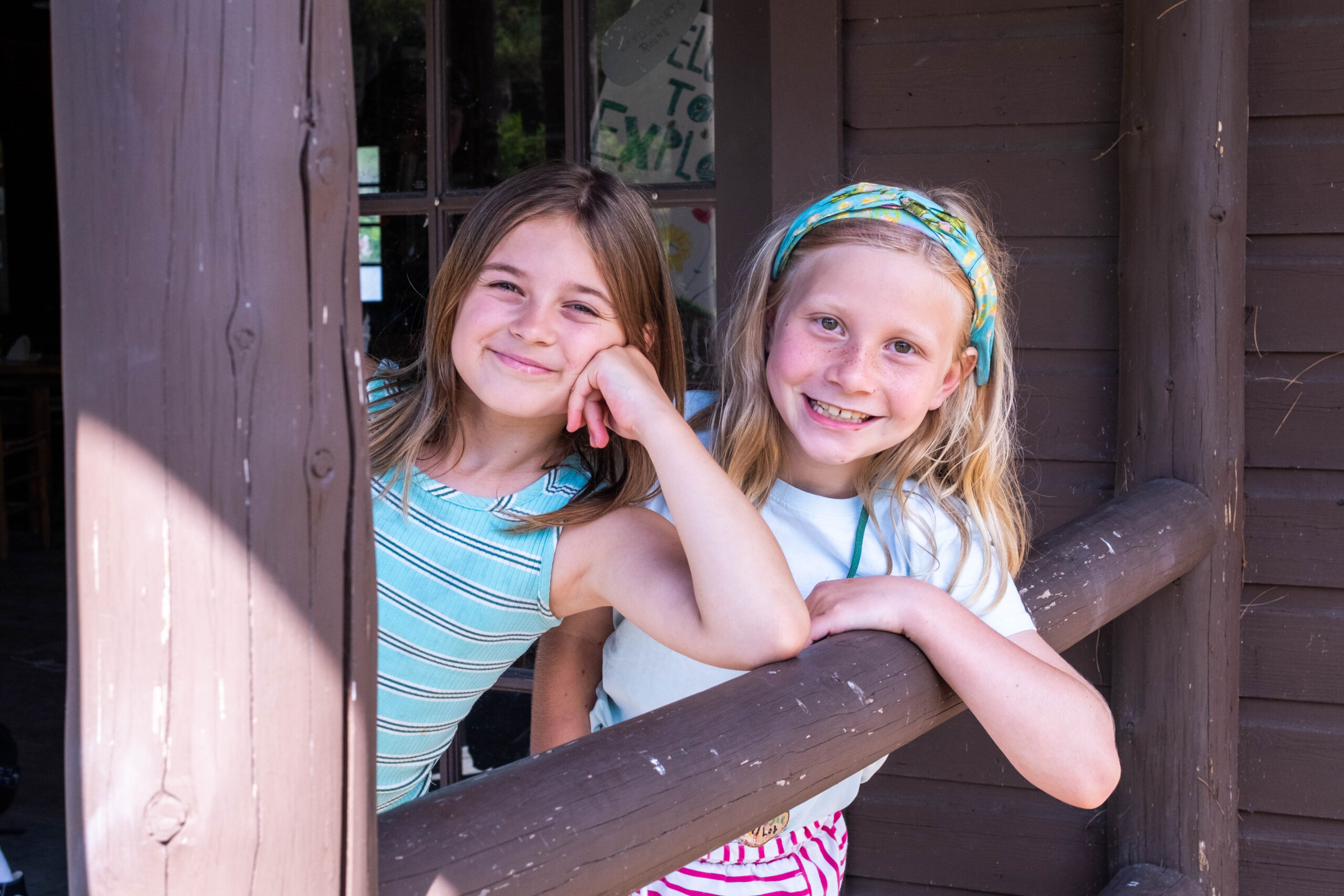 When children around the world transitioned from sharing physical space and in-person relationships to “attending” school via Zoom, camp offered, quite literally, a breath of fresh air. It promised kids (and concerned parents) what was needed most: the chance to form authentic bonds with others in a community curated just for them, away from technology, immersed in the natural world.
When children around the world transitioned from sharing physical space and in-person relationships to “attending” school via Zoom, camp offered, quite literally, a breath of fresh air. It promised kids (and concerned parents) what was needed most: the chance to form authentic bonds with others in a community curated just for them, away from technology, immersed in the natural world.
As we head into 2024, the phrase is just as relevant maybe even more so. Opportunities that offer the same quality and scope of personal growth that a camp can aren’t just rare; for many kids, they are non-existent. Why is camp more important than ever for our youth? Lots of reasons, of course, but here are three big ones:
1. Camps specialize in connection, belonging, and community.
There are no video game marathons at camp or afternoons spent scrolling on an iPhone (at least not at any camps we would recommend!). Campers live in close quarters with people from different backgrounds. They share responsibility for their space. They sleep, eat, brush their teeth, and learn to live in community together. The very situations that initially feel new or uncomfortable become the favorite parts of a camper’s day and the story they tell everyone in their first week home. A sense of belonging is a central part of the experience and everything we do introductions, activities, meals, events, fun is designed to promote connection.
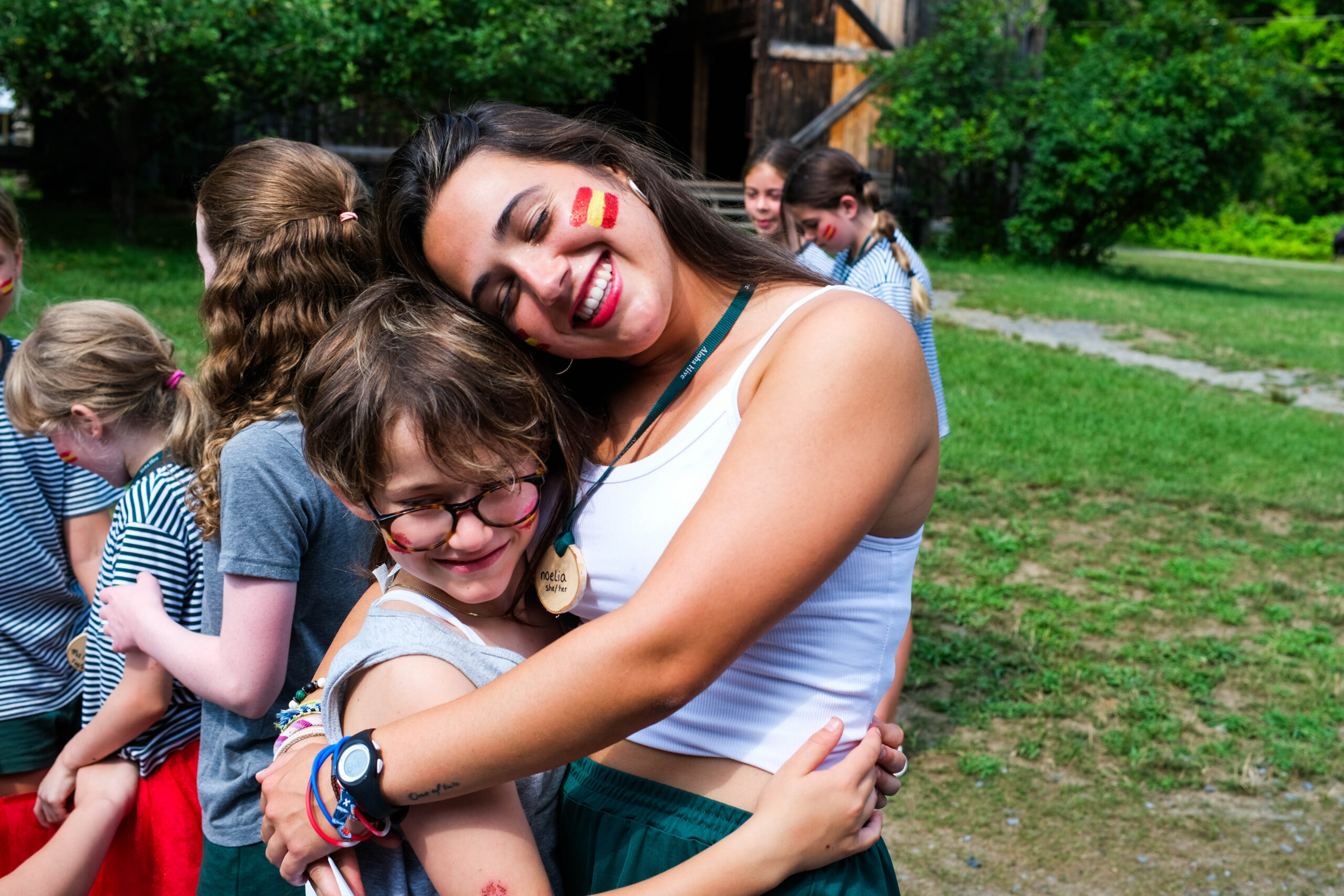 Learning to adapt and flourish at camp translates into strength for a lifetime. As we face a mental health crisis in the U.S., the connection and community at camp serve as a refuge for many young people. Our outreach to new community partners and our campership fundraising are just two of the ways we are working to help more young people experience camp.
Learning to adapt and flourish at camp translates into strength for a lifetime. As we face a mental health crisis in the U.S., the connection and community at camp serve as a refuge for many young people. Our outreach to new community partners and our campership fundraising are just two of the ways we are working to help more young people experience camp.
2. Camps value simplicity and allow kids to slow down.
Camp is a break from to do lists and busy routines the soccer games, music lessons, morning swim team practices, college essays and AP classes, after school jobs, play rehearsals, dinner in the car.
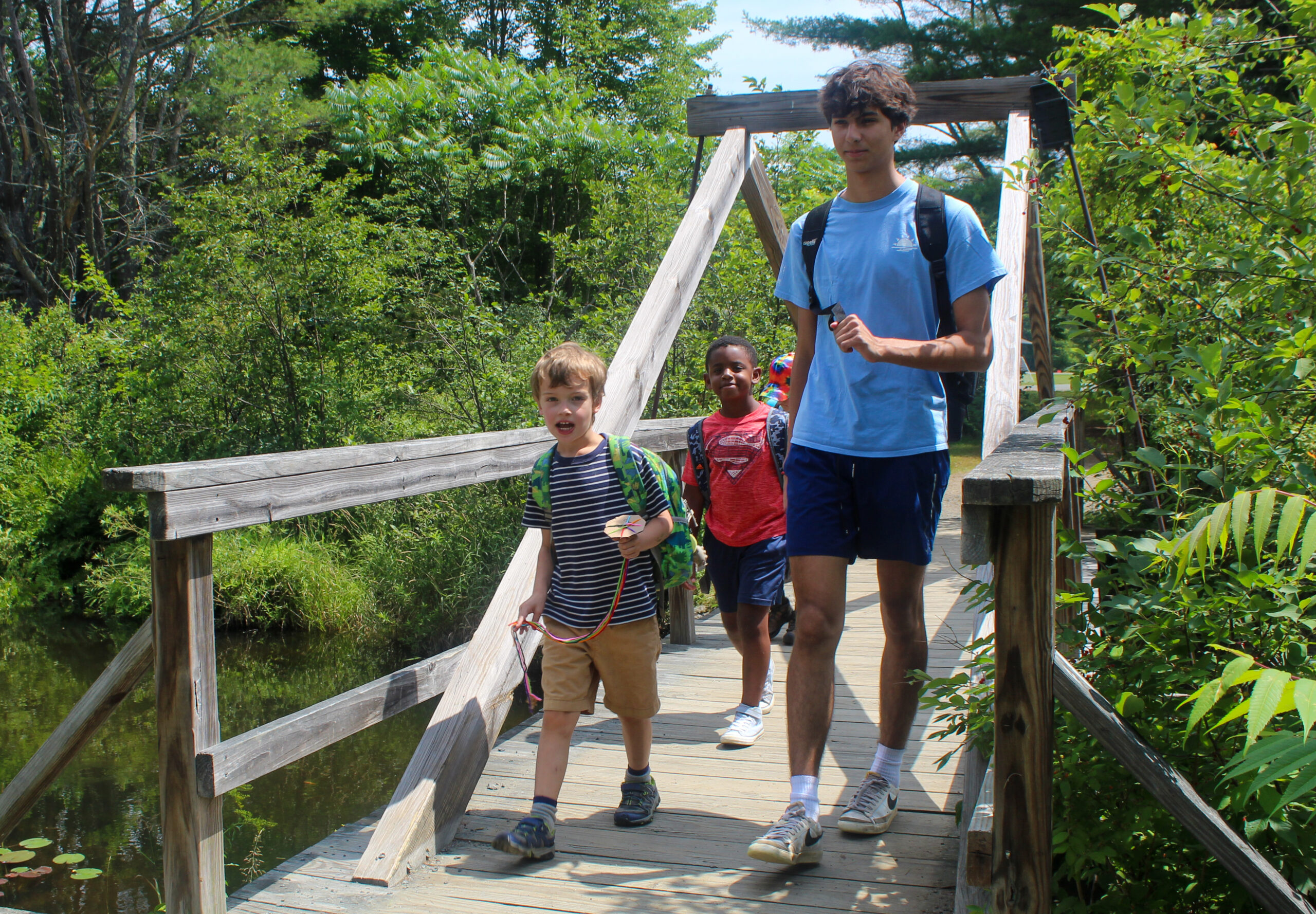 At camp, we make our own fun. We create and imagine. The silly, made-up game with no props or equipment is the one campers request the most. The same array of costumes appears annually on stage restyled and reinvented each time by a camper’s creativity.
At camp, we make our own fun. We create and imagine. The silly, made-up game with no props or equipment is the one campers request the most. The same array of costumes appears annually on stage restyled and reinvented each time by a camper’s creativity.
It’s not that camp is boring or slow: in fact, the fast pace of the fun is what keeps campers engaged. But there is a sense of joy and freedom, no artificially imposed deadlines in control. If the weather warrants changes to savor a BVD (beautiful Vermont day) or if a tent family needs a time-out to figure out how to solve a problem together, no schedule is irreparably broken. Time is a gift and a force for good at camp. Rather than tuning out, which so often drives them to technology, campers are able to tune in to all of their senses and embrace the fullness of being alive.
3. Along with home and school, excellent camp experiences serve as a third leg of support in a child’s education.
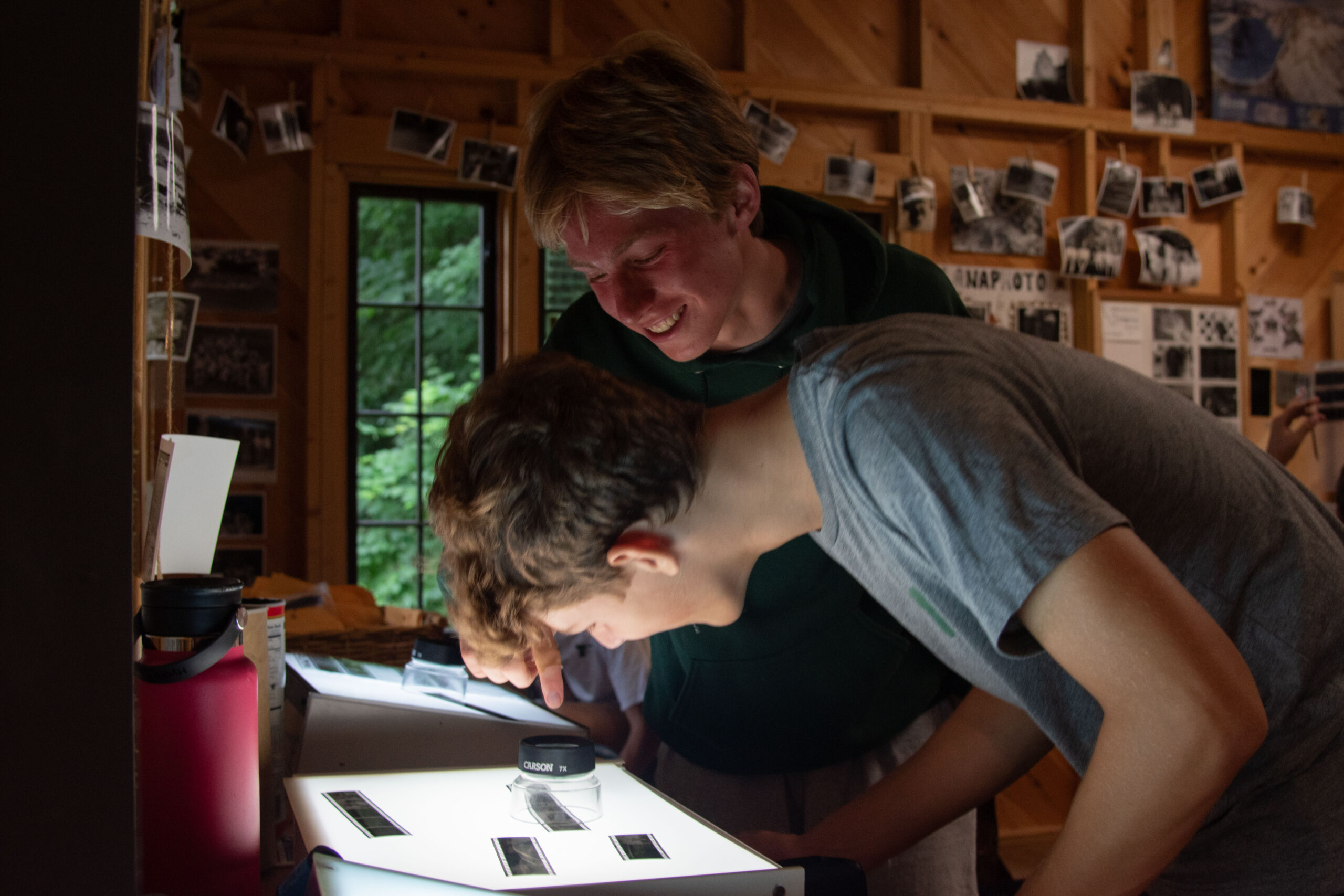 Camp allows children to try out new ways of interacting and building skills that are not available to them at home or school. They delve into experiential and kinesthetic learning at camp. It may be map reading on a hiking trip, cooking dinner over an open flame, or teaching a younger camper how to sail. Away from the loving and watchful eye of parents and teachers, there’s freedom at camp, where kids can challenge themselves and take risks in a safe environment —without impacting their academic record or extracurricular prospects. They can fail and succeed, become stronger problem solvers, and gain self-confidence along the way that becomes part of their very essence.
Camp allows children to try out new ways of interacting and building skills that are not available to them at home or school. They delve into experiential and kinesthetic learning at camp. It may be map reading on a hiking trip, cooking dinner over an open flame, or teaching a younger camper how to sail. Away from the loving and watchful eye of parents and teachers, there’s freedom at camp, where kids can challenge themselves and take risks in a safe environment —without impacting their academic record or extracurricular prospects. They can fail and succeed, become stronger problem solvers, and gain self-confidence along the way that becomes part of their very essence.
At camps across the country and across the world, as you will read here children need camp more than ever! Luckily, quality camps like the Alohas are constantly paying attention to the needs of children and families, both spoken and unspoken, giving them all the strength, vision, and confidence to thrive in an ever-more-complex universe.
We are grateful to be part of this powerful and effective movement for a brighter future, and delighted you have decided to join us!
